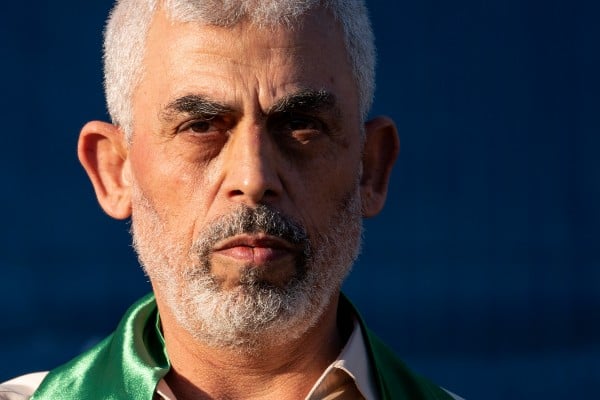In the period leading up to October 7th, Hamas’s leaders encouraged creating the false impression to Israel that ‘Gaza wants life and economic growth.’
By Vered Weiss, World Israel News
The IDF has recovered documents and minutes of meetings held by Hamas officials indicating the terror group delayed its planned invasion of Israel while trying to convince Iran and Hezbollah to participate in a much larger attack involving the 9/11-style take-down of Tel Aviv skyscrapers.
According to the documents, as reported by the New York Times, Hamas’s invasion of southern Israel had been planned for years and was initially scheduled for September 2022 but was delayed as Hamas was seeking the direct participation of Hezbollah and Iran.
Although their allies said they agreed with the invasion and would support it in principle, they needed more time to prepare.
In the period immediately leading up to the attack, Hamas refrained from escalating conflicts to give Israel a false impression that it was interested in quiet and was unwilling to engage militarily.
Yahya Sinwar, his brother Mohammed Sinwar, and Mohammed Deif planned the invasion, which they termed “The Big Project” for the fall of 2022.
After the delay caused by Hezbollah and Iran’s unwillingness to commit troops and participate directly, Hamas noticed the disunity within Israel caused by demonstrations over Prime Minister Benjamin Netanyahu’s policy of judicial reform and, as a result, felt “compelled to move toward a strategic battle.”
In July 2023, Hamas dispatched a representative to Lebanon to meet with Iranian officials and again request direct involvement, but the Iranian officials said they needed more time.
After this meeting, Hamas officials realized they needed to strike on their own and hope for at least indirect assistance from their allies.
The anti-government demonstrations and the proposed normalization between Israel and Saudi Arabia added to the urgency to strike, and Hamas also felt the need to act before Israel implemented its new air defense system.
In addition, Hamas resisted the escalation of tensions over the Aqsa mosque on the Temple Mount to “keep the enemy convinced that Hamas in Gaza wants calm,” the document said.
“We need to control the behavior of Islamic Jihad and other factions so that we do not resort to provocations that would ruin our project,” the minutes said. In addition, Hamas would aim to convey the impression that “Gaza wants life and economic growth.”





